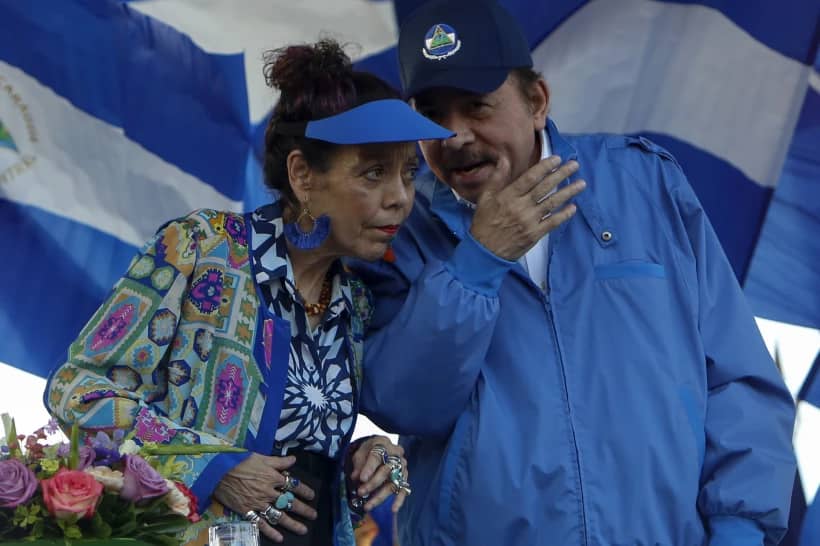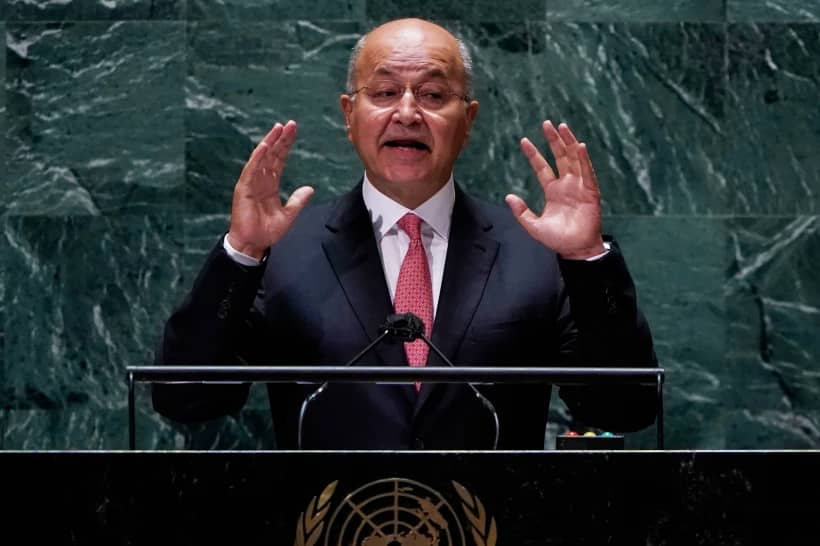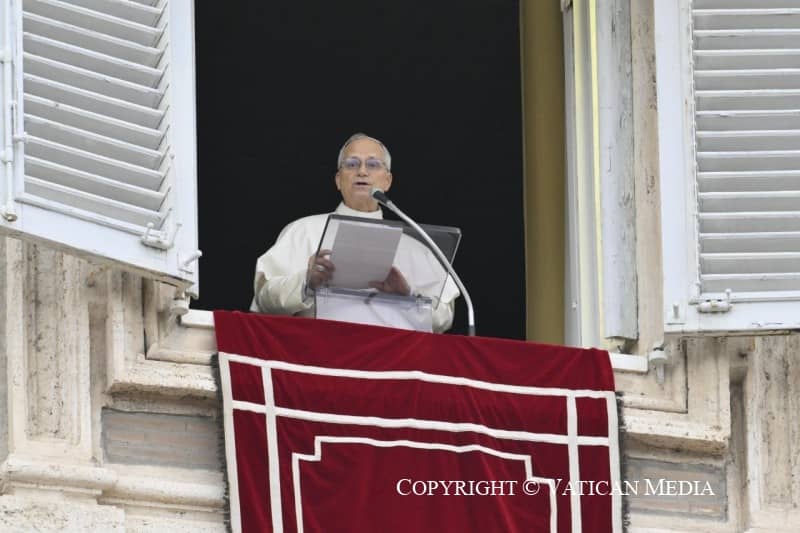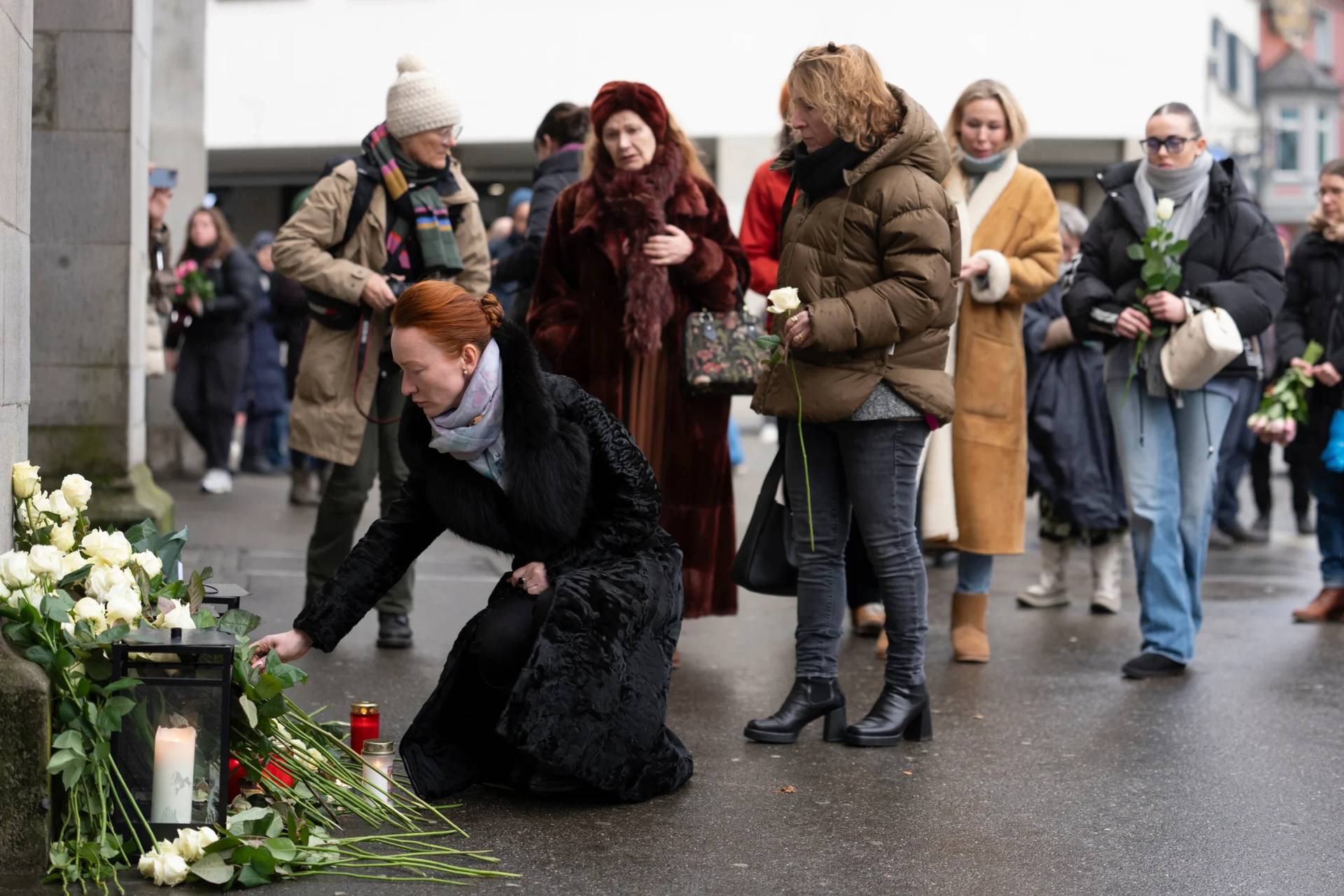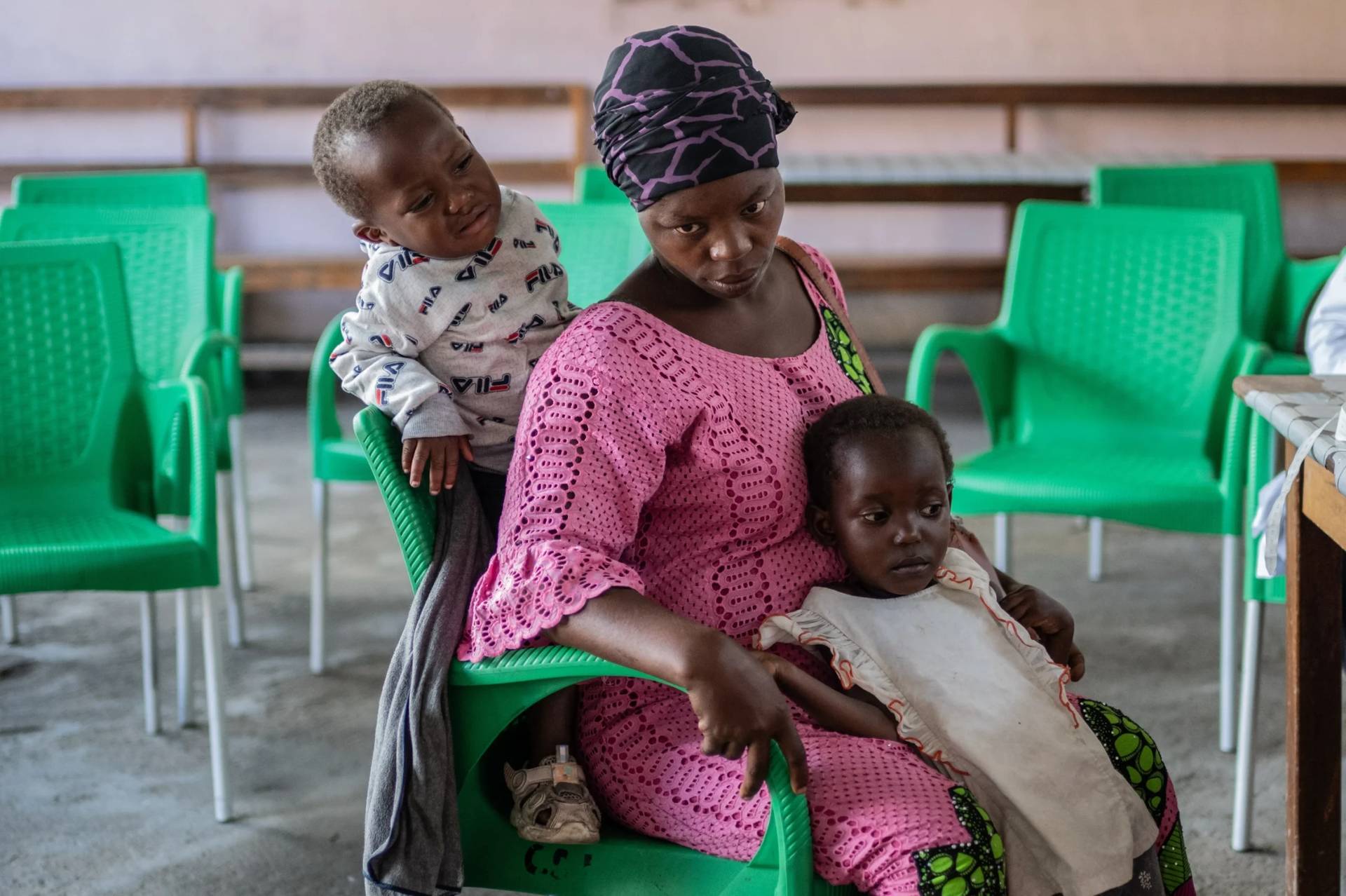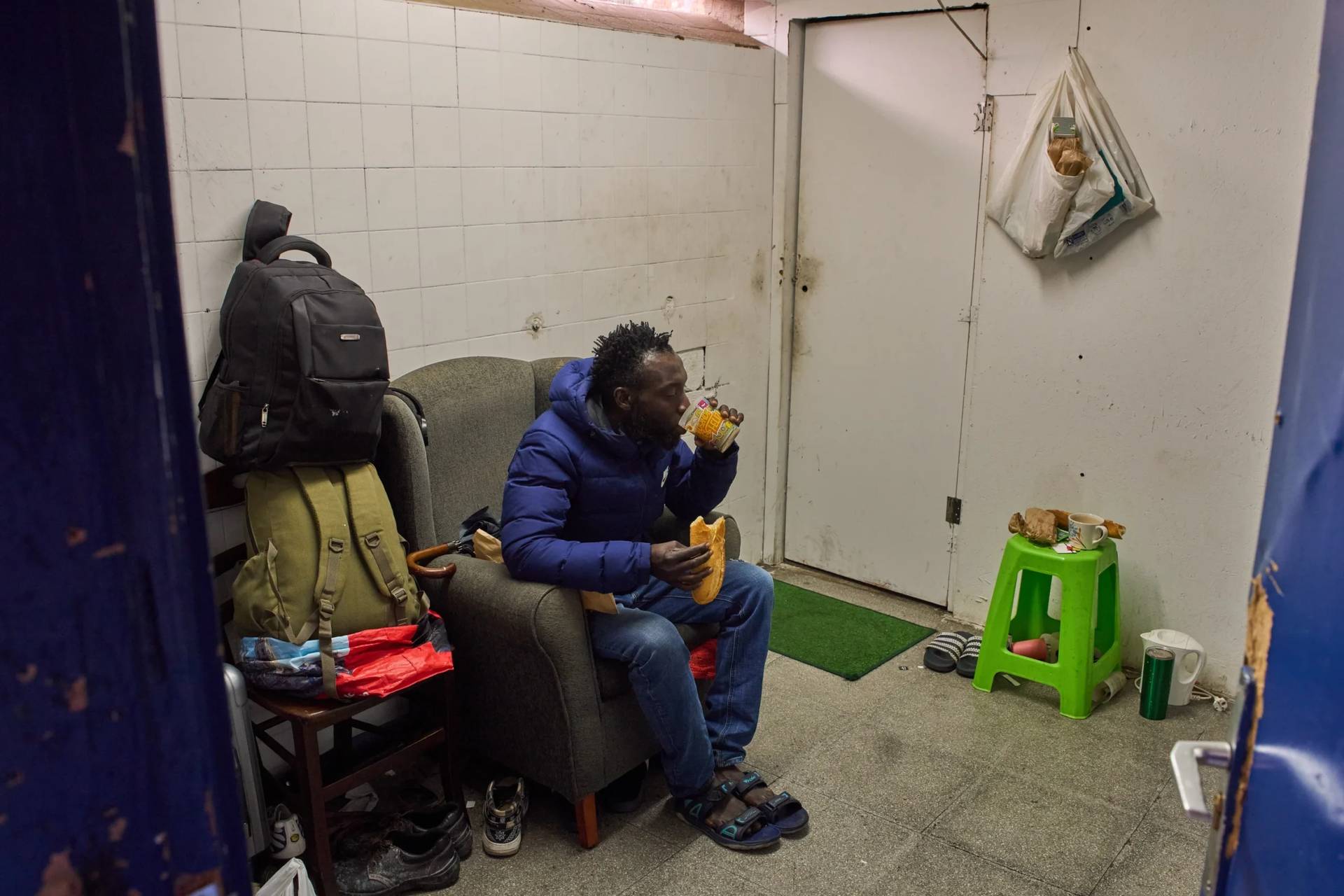ROME – In response to a Filipino bishop asking for suggestions on the best approach to a growing interest in Freemasonry in his country, the Vatican’s doctrinal office has reaffirmed the incompatibility of Masonry and Catholicism.
The inquiry came from Bishop Julito Cortes of Dumaguete in the Philippines regarding what was described as “the continuous rise in the number of the faithful enrolled in Freemasonry” among Filipino Catholics.
Cortes asked the Vatican’s Dicastery for the Doctrine of the Faith (DDF), led by Argentine Cardinal Víctor Manuel Fernández, for suggestions on how to engage the issue pastorally while also taking into account “the doctrinal implications related to this phenomenon.”
In his response, dated Nov. 13, Fernández said the DDF would involve the Catholic Bishops Conference of the Philippines (CBCP) to implement “a coordinated strategy” with a twofold approach.
First, at the doctrinal level, Fernández said “it should be remembered that active membership in Freemasonry by a member of the faithful is forbidden because of the irreconcilability between Catholic doctrine and Freemasonry.”
To this end, he cited a 1983 “Declaration on Masonic Associations” published by the then-Congregation for the Doctrine of the Faith under then-Cardinal Joseph Ratzinger, the future Pope Benedict XVI, as well as a set of guidelines on handling the issue of Masonry published by the CBCP in 2003.
“Those who are formally and knowingly enrolled in Masonic Lodges and have embraced Masonic principles fall under the provisions in the above-mentioned Declaration. These measures also apply to any clerics enrolled in Freemasonry,” Fernández said.
In part, Vatican objections to Masonry are theological, grounded in concerns that Masonic doctrines foster pantheism, rationalism and a naturalist view of the world. In part, too, the Vatican has long objected to the practice of secrecy with Masonry, seeing it as a potential cover for subversive and anti-social activity, including attacks on traditional political and spiritual authority.
Catholic faithful who enroll in Masonic associations, the 1983 declaration said, “are in a state of grave sin and may not receive Holy Communion.” Furthermore, “It is not within the competence of local ecclesiastical authorities to give a judgment on the nature of Masonic associations which would imply a derogation” from those penalties, it said.
At the pastoral level today, Fernández suggested that the CBCP conduct catechesis that is “accessible to the people and in all parishes regarding the reasons for the irreconcilability between the Catholic faith and Freemasonry.”
Fernández also invited bishops in the Philippines to consider making a public statement on the matter.
The CBCP in a lengthy note in 2020 addressing the interest in Freemasonry among local Catholics said the issue despite years of discussion and debate “remains problematic and ticklish for the Catholic Church in the Philippines.”
Despite repeated and widespread warnings from Church authorities, interest in Freemasonry among Catholics remains a problem, they said, lamenting that “there is just no consistent way of dealing with them when they or their family members approach the Church for pastoral attention.”
The CBCP reiterated the rules barring Catholics from involvement with Masonry, stating that not only are faithful forbidden from joining Masonic associations, but the penalty for a Catholic who does so is automatic excommunication. They are also considered to be in a state of “grave sin” and are thus barred from receiving communion.
Although these penalties are well known, the CBCP reiterated them on the grounds that they “cannot simply be glossed over in any attempt to formulate a pastoral approach towards the issue without departing from official Catholic teaching and practice.”
They outlined the errors of Freemasonry in order to explain why formally joining an association is met with such harsh penalties and cited sanctions incurred that were developed in the 2003 guidelines.
Not only are Catholics who join Masonic associations excommunicated and banned from receiving communion and the other sacraments, but they are also prohibited from acting as sponsors for Baptism or Confirmation and they are not allowed to be admitted as a member of parish or diocesan structures.
These Catholics are also to be denied funeral rights, “unless some signs of repentance before death have been shown,” they said.
In the case that a bishop allows funeral rites, Masonic services will be banned from taking place inside the church or at the cemetery in the time immediately before or after the Catholic rite “in order to avoid public scandal.”
For those who have incurred an excommunication for formally joining a Masonic assembly, they are forbidden from having any sort of ministerial role during Mass or other worship ceremonies or services, and, for clergy, they are unable to exercise their ecclesial or ministerial functions, to make decisions of governance.
If an excommunicated person in church leadership conducts acts of governance, those acts are illicit, the CBCP said, and excommunicated people also cannot draw on a church pension.
Adherents to Masonry are unable to be witnesses at a wedding and are also barred from belonging to any Catholic associations of the faithful.
“With the above canonical provisions so clearly laid out, the issue on Masonry should have been definitively settled, but it would not simply go away,” the CBCP said, saying their 2003 guidelines, “A Primer on Freemasonry,” ought to serve as a reference point and guide.
In terms of how to handle the Mason issue, the CBCP said any engagement with Freemasonry must focus on Church teaching and its warnings about “the dangers and evils” of the practice.
Follow Elise Ann Allen on X: @eliseannallen








